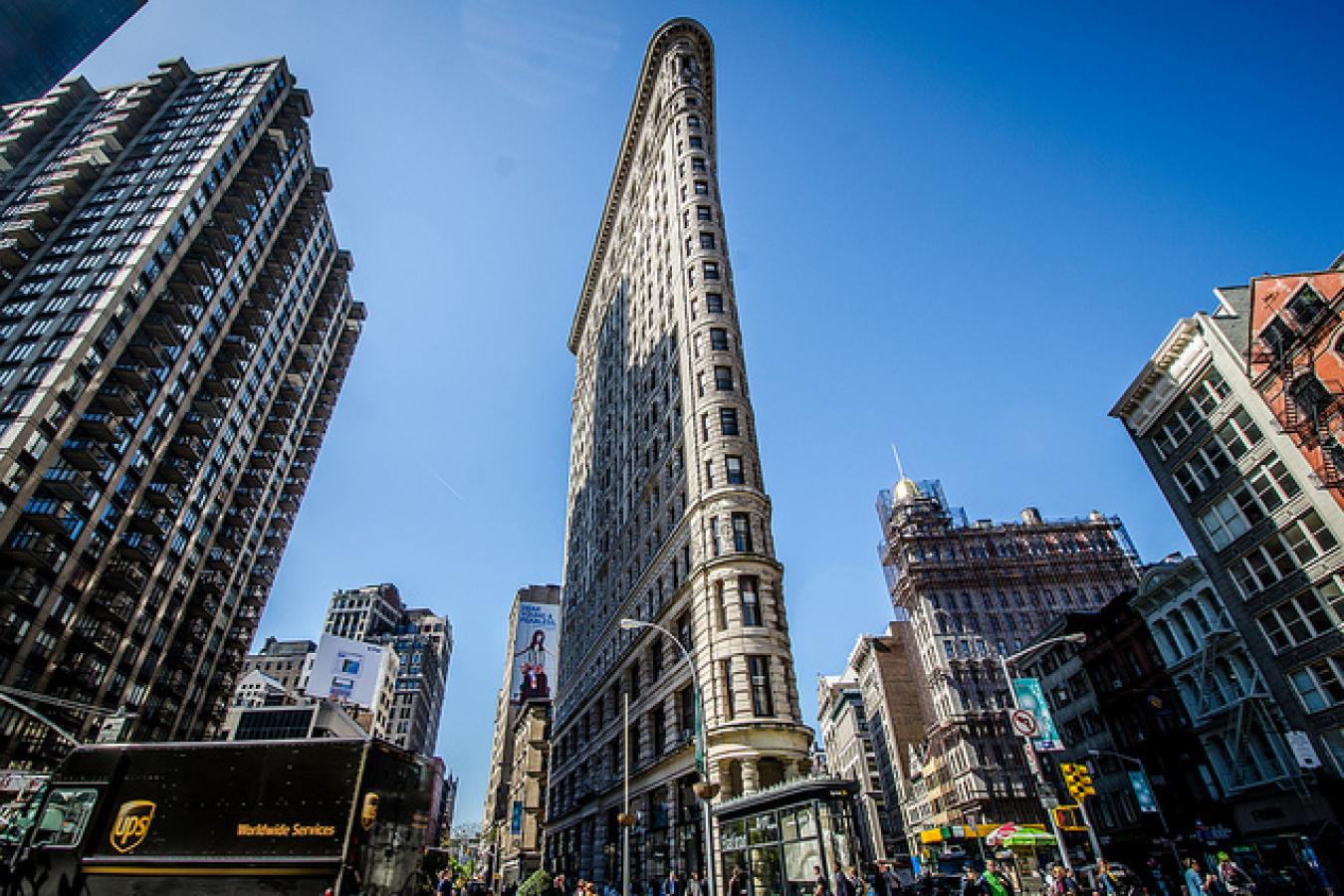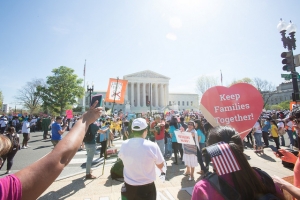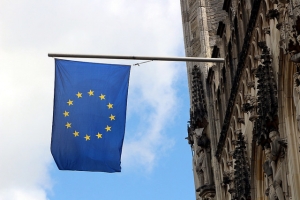Support migrant centric journalism today and donate

 Watch This Video
Watch This VideoWorried immigrants across the United States are checking their budgets. The cost of filing more than two dozen kinds of immigration forms is proposed to go up by an average of 66% this year.
For the vast majority of legal immigrants who are just starting to apply for residency, fees for filing forms and for being fingerprinted would go from $935 to $1985.
"A lot of them are making very difficult choices, between food and bills and rent and these fees, plus whatever they have to pay an attorney," said attorney Susan Bowyer. "Even with our reduced fees, it would be a real hardship."
Russian immigrant Sveta Nikitina is trying to support herself and a 7-year-old son on a preschool teacher's salary while waiting to become a permanent resident.
The fees have already affected her careful bookkeeping. The $350 Nikitina paid this year to the U.S. Department of Homeland Security's Citizenship and Immigration Services (USCIS) would go up to $645 annually, or a little bit more than an 80¢ per day increase. That is just for filing the forms to renew her work and travel permits.
"It was a huge amount of money for me," Nikitina said. "I went into overdraft to do it, but what else can I do - throw in the towel, just give up?"
Last year, 730,642 immigrants applied to become U.S. citizens, and 497,005 applied to become permanent residents. Some people are allowed to file for free, including members of the military and refugees.
The USCIS is required by Congress to support its operations with fees. It plans to use the increased money to reduce lengthy delays in processing certain applications, strengthen its security and fraud investigations teams and modernize equipment, said agency spokeswoman Sharon Rummery.
Some of the agency's goals - speeding up processing, putting files online instead of in boxes and clearing the backlog - are in the applicants' interest, she said.
"We've come very far," she said. "There used to be lines that would go around the block. We don't have that anymore."
The federal government implemented smaller fee increases in 2004, to account for the additional costs of in-depth background checks required after the September 11, 2001, attacks. In 2005, to keep up with inflation, all fees were increased by $10
Currently, USCIS has just finished spending nearly a half billion dollars in special funding to cover upgrade costs and other increased costs for services. Over the next two years, the agency is expected to run about $1 billion in debt, with the new fee schedule designed to pay it off and to fund upgrades and services at the same time.
It should also be noted that most of the fees are in a very similar range for immigration services in most western countries, such as the United Kingdom and Australia. In the U.S., fees have been kept artificially low by tax-funded subsidies for many years, and the current correction can also be seen as somewhat overdue.
In actuality, these prices can seem a bargain when compared with other regions. Latvia in the north of East Europe, for one example, can cost a non-EU citizen nearly $2000 per year for a basic work permit-based residency visa when all the associated fees are tallied up. Earning potential in Latvia is one of the lowest in Europe, barely above Romania and Bulgaria, and runs at approximately 20% of the income that immigrants to the U.S. might expect.
However, immigrants and their attorneys fear the fee increases will hurt people who are trying to follow the rules, stalling their immigration process or delaying their ability to bring over close relatives.
"The impact is ... likely to be immediate and profound," said Crystal Williams, of the American Immigration Lawyers Association.
Advocates fear some might try to cut costs by trying to navigate the complexities of immigration law without an attorney.
"Immigration law today is a much more dangerous thicket than it was a decade ago," said Williams. "The wrong mistake could not only cause a person to lose his shot at citizenship, it could cost him his green card and his ability to live lawfully in the U.S."
Related:
• United States sharply increases most immigration fees• The US Congress will begin immigration reform, again
• United States immigration paperwork slowdown - too many applications
• New York building industry needs workers, looks to immigrants and reform
• US high-tech companies lobbying Congress for immigration changes
• US study - Immigrants probably don't take jobs from Americans





















